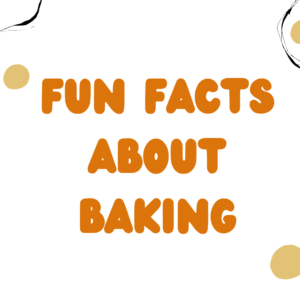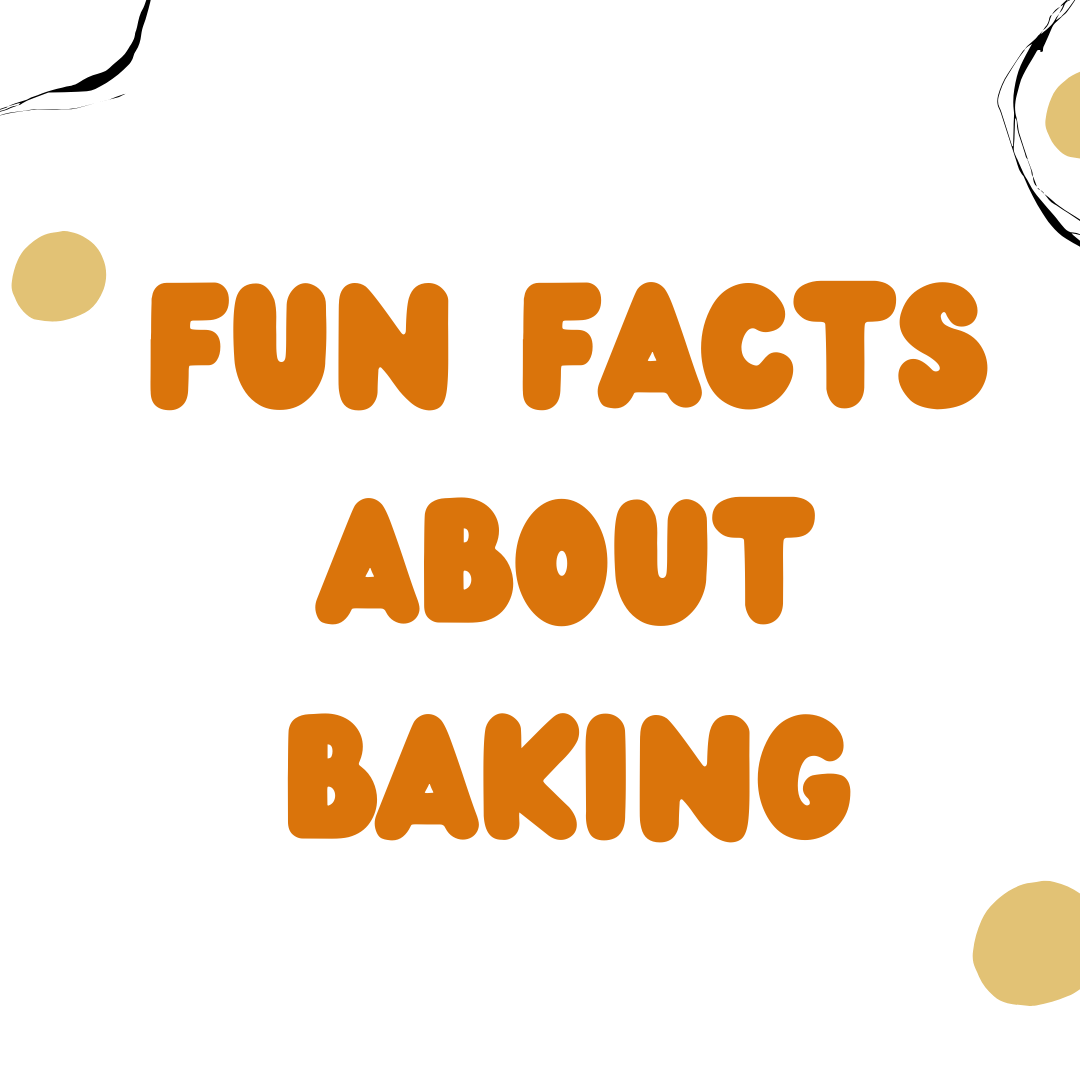
Fun Facts About Baking
Introduction
Baking is a fun and rewarding hobby. It’s also a great way to express your creativity and make delicious treats to share with others. But did you know that there are a lot of fun facts about baking?
In this blog post, we’ll share some of the most interesting fun facts about baking. We’ll also cover some of the science behind baking and give you tips on how to bake more delicious treats.
Fun facts about baking
Here are some fun facts about baking:
- Baking is one of the oldest culinary arts. The first bread was baked in ancient Egypt over 10,000 years ago.
- The first cookbook was published in 1475. It was called “Le Viandier” and it contained recipes for a variety of dishes, including baked goods.
- The first chocolate chip cookie was invented in 1930. Ruth Wakefield, the inventor of the chocolate chip cookie, was trying to make a batch of chocolate cookies, but she ran out of baking chocolate. So, she broke up a chocolate bar into small pieces and added them to the batter. The rest is history!
- The world’s largest cake weighed over 120,000 pounds. It was baked in 2013 to celebrate the 100th anniversary of the state of Alabama.
- The world’s oldest bakery is located in Kyoto, Japan. It’s been in business for over 1,300 years!
Science behind baking
Baking is more than just mixing ingredients together. It’s also a science. There are a number of chemical reactions that take place when you bake.
One of the most important reactions is the leavening process. Leavening agents, such as baking soda and baking powder, help cakes and other baked goods to rise. When leavening agents are mixed with liquid, they produce carbon dioxide gas. This gas creates bubbles in the batter, which expand when heated and cause the baked good to rise.
Another important reaction is the caramelization of sugar. Caramelization is what gives baked goods their golden brown color and delicious flavor. When sugar is heated, it breaks down into smaller molecules. These molecules then rearrange themselves and form new compounds, which give baked goods their characteristic flavor and color.
Tips for baking success
Here are a few tips for baking success:
- Use high-quality ingredients. Fresh, high-quality ingredients will produce better results.
- Measure your ingredients accurately. Even a small mistake in measurement can make a big difference in the outcome of your recipe.
- Follow the recipe carefully. Don’t add too much or too little of any ingredient.
- Don’t overmix the batter. Overmixing can develop the gluten in the flour, which can make your baked goods tough and chewy.
- Bake your baked goods at the correct temperature. Use an oven thermometer to make sure that the oven is at the correct temperature before you start baking.
- Don’t overbake your baked goods. Use a toothpick to check if the baked goods are done. Insert the toothpick into the center of the baked goods. If the toothpick comes out clean, the baked goods are done.
Additional resources for baking recipes
Here are a few additional resources for baking recipes:
- The Pioneer Woman: https://thepioneerwoman.com/
- Sally’s Baking Addiction: https://sallysbakingaddiction.com/
- Gimmie Some Oven: https://gimmesomeoven.com/
- Allrecipes: https://www.allrecipes.com/
- Food Network: https://www.foodnetwork.com/
What is your favorite baking recipe? Share your tips for success in the comments below!
Conclusion
Baking is a fun and rewarding hobby. It’s also a great way to learn about science and chemistry. By following the tips in this blog post, you’ll be able to bake more delicious treats and impress your friends and family.
